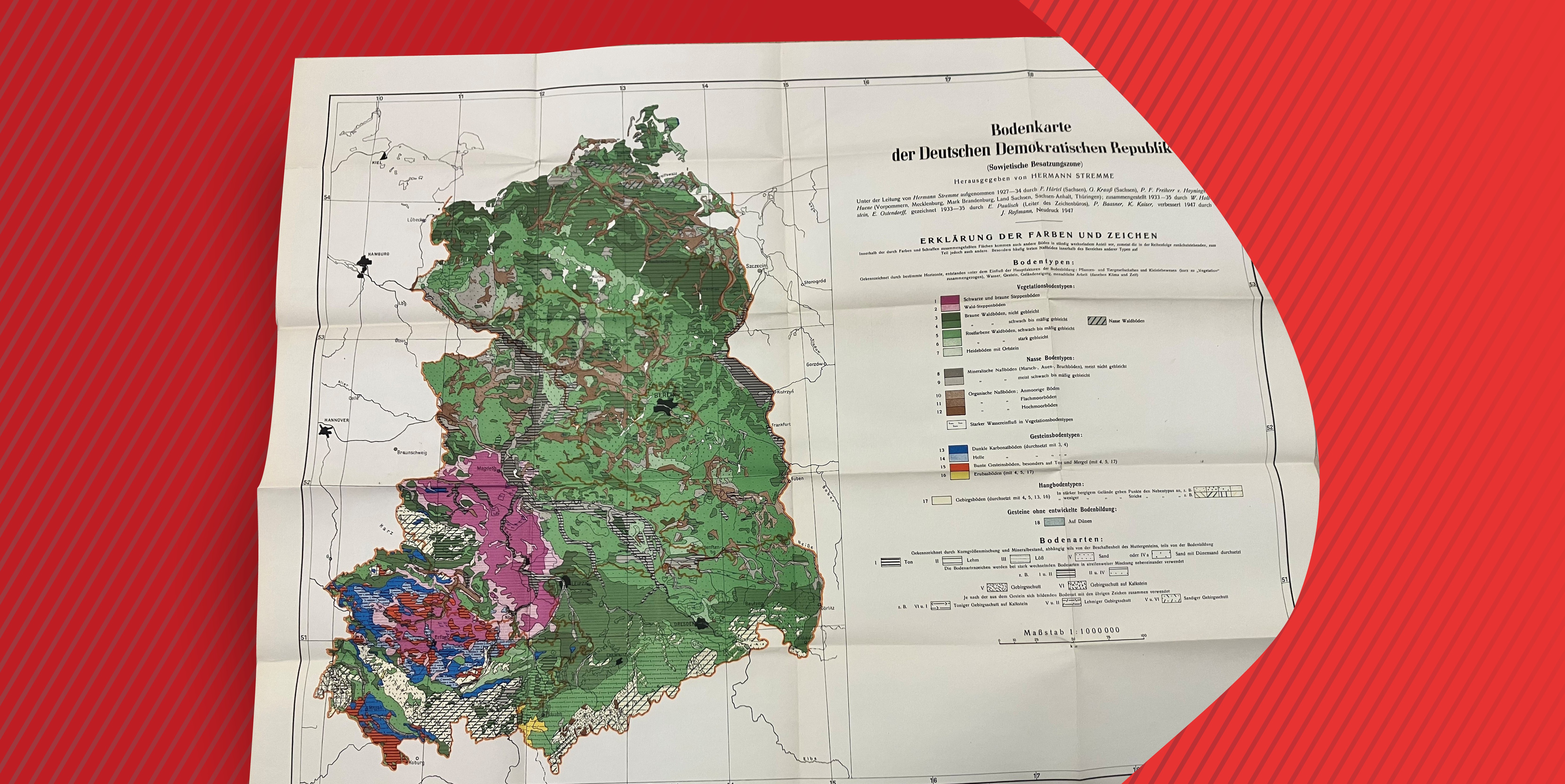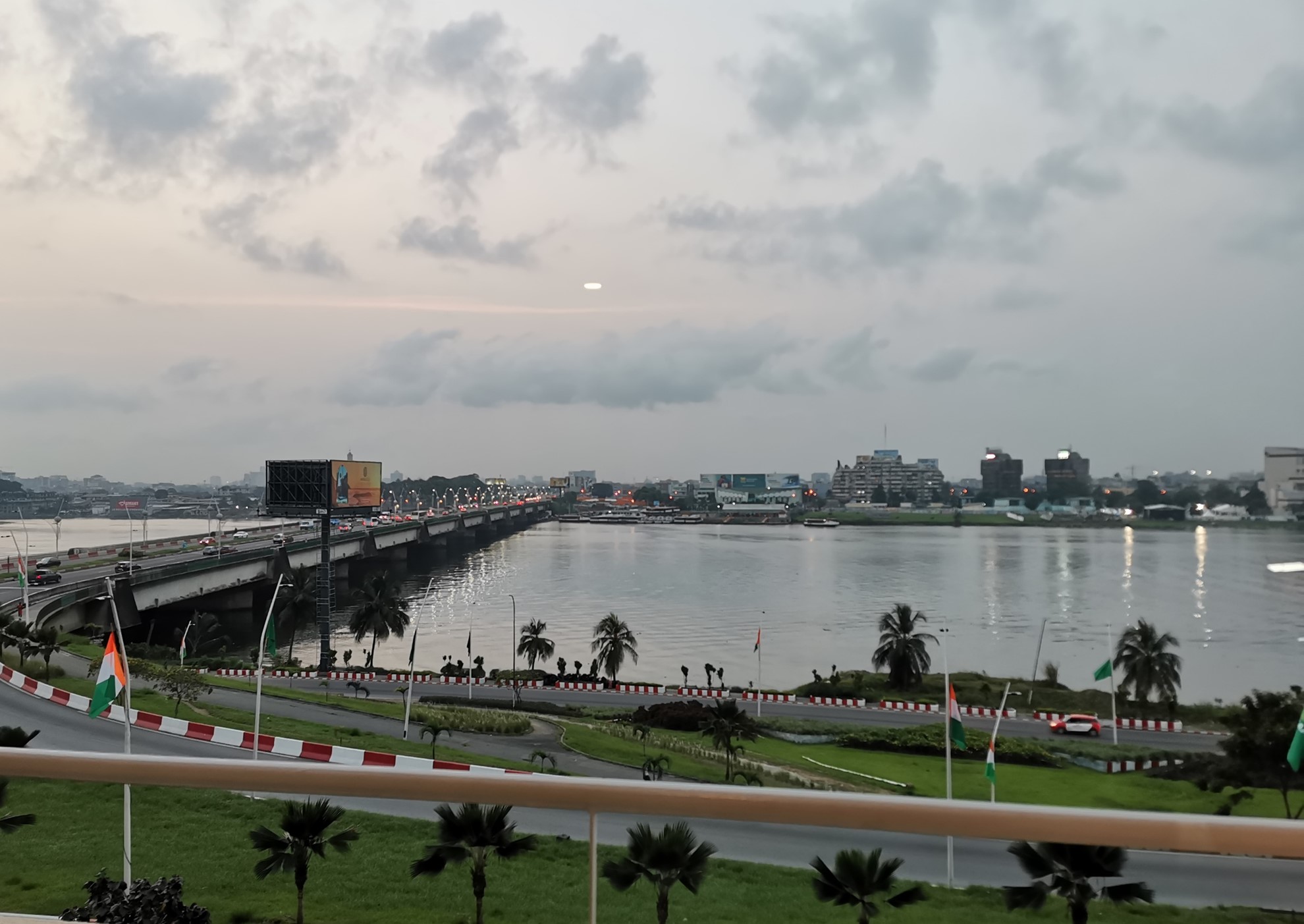Adengo, D., Brisibe , W. G., Obagah-Stephen, R., Lee, R., & Motylińska, M. (Eds.) (2023). Archives 6-8 : Ephemeral Archives. In C. Lubell, & R. Ruiz (Eds.), Fugitive Archives : A Sourcebook for Centring Africa in Histories of Architecture (pp. 156-225). Canadian Centre for Architecture.
Bernhardt, C., & Motylińska, M. (2023).
Global Entanglements of Socialist Architecture and Planning in the Cold War Period: Approaches and Perspectives. In C. Bernhardt, A. Butter, & M. Motylinska (Eds.),
Between Solidarity and Economic Constraints: Global Entanglements in Socialist Architecture and Planning in the Cold War Period (pp. 1-18). (Rethinking the Cold War; Vol. 12). De Gruyter.
https://doi.org/10.1515/9783110658491-001
Motylinska, M. (2022).
A Cuban Nickel Plant made in the GDR? The Architecture of a Comecon Joint Venture. In C. Bernhardt, A. Butter, & M. Motylinska (Eds.),
Between Solidarity and Economic Constraints: Global Entanglements in Socialist Architecture and Planning in the Cold War Period (pp. 103-122). (Rethinking the Cold War; Vol. 12). De Gruyter.
https://doi.org/10.1515/9783110658491-005
Motylińska, M., & Phan, P. (2022). Nicht der übliche Weg? Der Beitrag eines ostdeutschen Ehepaars zur Planung der äthiopischen Hauptstadt. In A. Butter, & T. Flierl (Eds.), Der Architekturexport der DDR: Zwischen Sansibar und Halensee (pp. 190-209). (Gegenstand und Raum, Neue Folge; No. 3). Lukas.
Fivez, R., & Motylińska, M. (2022). Cement as Weapon. Meta-Infrastructure in the ‘World’s Last Cement Frontier’. In J. Heathcott (Ed.), The Routledge Handbook of Infrastructure Design: Global Perspectives from Architectural History (pp. 40-50). (Routledge International Handbooks). Routledge.
https://edoc.hu-berlin.de/bitstream/handle/18452/18799/Verflechtungen%20Berlin%20in%20der%20Architektur%20der%201960er%20Jahre%20Kerstin%20Wittmann-Englert%20150dpi.pdf?sequence=1
Motylinska, M. (2016). ‚Ape Rock’ or an Icon of Brutalist Architecture in Germany? In A. Tostoes, & Z. Ferreira (Eds.), Adaptive Reuse: The Modern Movement towards the Future (pp. 444-450). Docomomo International.





